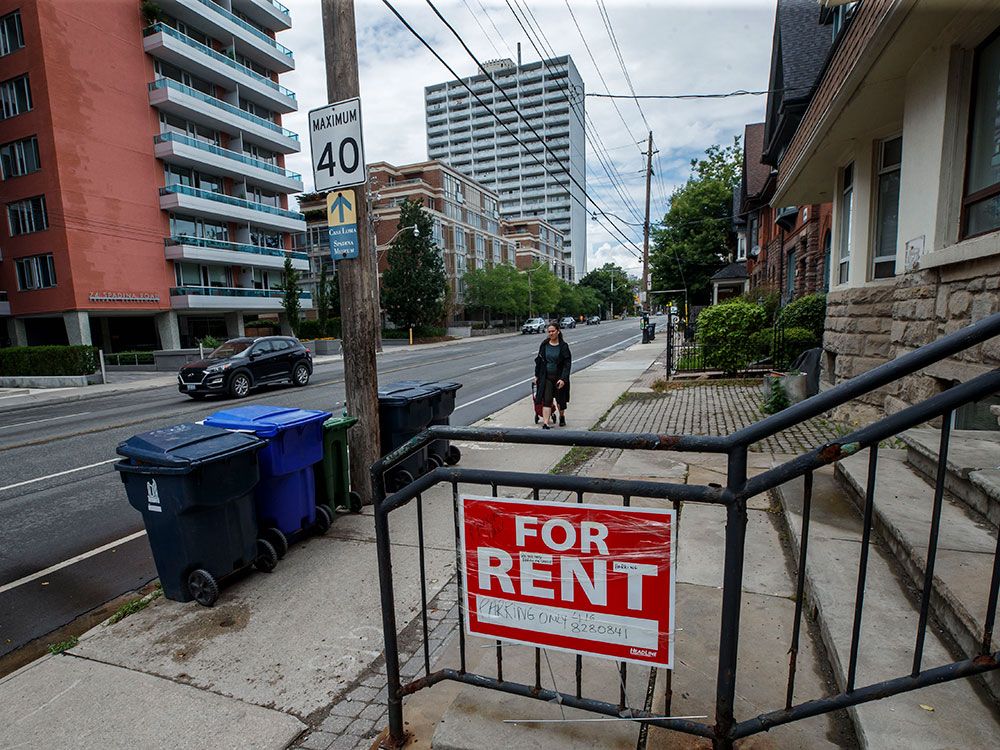‘The best or worst … is yet to come’: B.C. towns vying to break 84-year-old record for hottest temperature in Canada

Across the West, coastal and inland cities alike, from Vancouver to Edmonton, have seen searing temperatures — with more than 50 heat records broken, according to Environment Canada

Article content
Two small towns in the British Columbia interior, Lillooet and Lytton, are bracing for the hottest weather on record in Canada, with temperatures forecast to reach 45 degrees on Sunday, 46 on Monday and 47 on Tuesday.
The last two would shatter the previous record of 45 degrees set 84 years ago on July 5, 1937 in Yellow Grass, Sask.
The soaring temperatures have Peter Busse, mayor of Lillooet, a town of about 2,500 people situated on the Fraser River between Kamloops and Whistler, watching the thermometer anxiously, worried about power outages and the health of his community.
“Historically, whenever they’ve forecast the temperature, even through the winter and the summer, we’ve always managed by one, two or three degrees to exceed it,” Busse told the National Post. “We’re going to be very cautious [because] the best or worst, however you want to look at it, is yet to come.”
David Phillips, senior climatologist for Environment Canada, said he couldn’t stop himself from crunching the data on Sunday because he couldn’t quite believe how many records were being shattered. Across the West, coastal and inland cities alike, from Vancouver to Kamloops to Edmonton were seeing searing temperatures, with more than 50 heat records broken, according to Environment Canada.
Advertisement
Story continues below
This advertisement has not loaded yet, but your article continues below.
Article content
The extreme heat wave, which oddly for the West, includes hot nights, forced the school district in Mission, B.C., about an hour southeast of Vancouver, to cancel classes on Monday amid a forecast for 44 degree weather. The schools in Mission aren’t designed for that heat, and even with air-conditioning on, classrooms could still exceed 30 degrees, according to Angus Wilson, local superintendent.
“We’ve never had this amount of heat, that’s for sure,” said Wilson, who was driving his puppy to an air-conditioned playdate on Sunday because it was too hot for anyone to be outside, even dogs.
Advertisement
Story continues below
This advertisement has not loaded yet, but your article continues below.
Article content
Henry Aboagye, owner and proprietor of Mukasi coffee in Abbotsford, B.C., is originally from Ghana and said he loves the heat. But he said many people had stayed home from the local farmers markets where he sells his beans, likely because of the heat.
“I’ve lived in Canada for 11 years, I’ve never seen anything like this,” said Aboagye.
Phillips described the heatwave as potentially dangerous because it’s not yet “the dog days” of summer when our bodies have grown acclimated to the heat. As a result, high temperatures in June or earlier typically trigger the most health incidents because people just aren’t ready.
By Sunday morning, temperatures in Lytton and Lillooet had already reached into the mid-40s. Usually, records are broken by a tenth of a degree, Phillips said. But the meteorological evidence overwhelmingly suggested that by Tuesday, the weather in the two towns would “shatter” and then “clobber” the records for Canada.
Advertisement
Story continues below
This advertisement has not loaded yet, but your article continues below.
Article content
If we get through it, obviously we’ll be bragging about it.
Mayor Peter Busse
He said the record indicates that Yellow Grass, and nearby Midale, both recorded 45 degree weather (113 degrees Fahrenheit) on July 5, 1937.
“This is historically unprecedented,” Phillips said, about the heat wave. “One thing you don’t do in my business is forecast records, I mean, you’re going to be wrong all the time and it’s not worth it. But we’re forecasting records.”
The reason for heat wave is a high-pressure weather system that has moved up North America and is hovering over B.C., Alberta and parts of Saskatchewan, which Phillips likened to being inside a covered arena as temperatures rise: the air is stagnant and hot, pushing down on you.
An unseasonably dry spring has contributed to the soaring temperatures, said Phillips.
Advertisement
Story continues below
This advertisement has not loaded yet, but your article continues below.
Article content
“It’s like a double whammy,” he said. “The ground is bone dry. If it had been a wet spring, I don’t think temperatures would be historic.”
Weather is inherently a product of many factors, and while it’s impossible to blame climate change as the main cause it is an aggravating factor whose impact is undeniable, Phillips said.
He likens climate change’s impact to the steroids scandal in Major League Baseball a decade ago. Afterwards, everyone asked if as many home run records would have been broken if players had not used performance enhancing substances. Climate change is the “steroids” of weather, he said.
“It would be so much easier if I said to you, ‘oh my god, the world’s upside down, we’re getting typhoons in Edmonton and sandstorms in Ottawa,’” said Phillips. Instead, he said it’s basically “the same old weather that our grandparents saw” but more extreme.
Advertisement
Story continues below
This advertisement has not loaded yet, but your article continues below.
Article content
One thing you don’t do in my business is forecast records … But we’re forecasting records
David Phillips
In Yellow Grass, about an hour’s drive south of Regina, there’s currently a sign that advises visitors that the town once recorded the highest temperatures in Canada.
Mayor David Byrns, a retired bison rancher, said he drives by the sign every day and couldn’t recall the exact details of the heat record.
“Really, to lose the record, I saw it on the news, and I mentioned it to my wife over coffee, ‘yeah it looks like we’re going to lose the record’,” said Byrns. “I’m over it already. It makes you famous for awhile.”
He declined to say what would happen to the sign if it was no longer the temperature recorded.
In Lillooet, Mayor Busse, a retired mining engineer, said the town would likely wait and see that everyone survived the heat wave without any serious incidents before deciding whether they wanted to put up a sign, commemorating the event, assuming it comes to pass as forecasted.
Already, Busse said his town is engaged in a friendly competition with Lytton, located on the other side of the local mountain range, about who has hotter temperatures. He said he and his wife moved there in part because it was a small community with a mild winter.
Given all the real estate trends, he said he was hoping more homes would be built there and more people would choose to relocate.
“I got a friendly jest from Lytton that they’ll probably put the sign up,” he said. “We have to be prepared, accept what the forecast is … but if we get through it, obviously we’ll be bragging about it.”
Advertisement
Story continues below
This advertisement has not loaded yet, but your article continues below.







